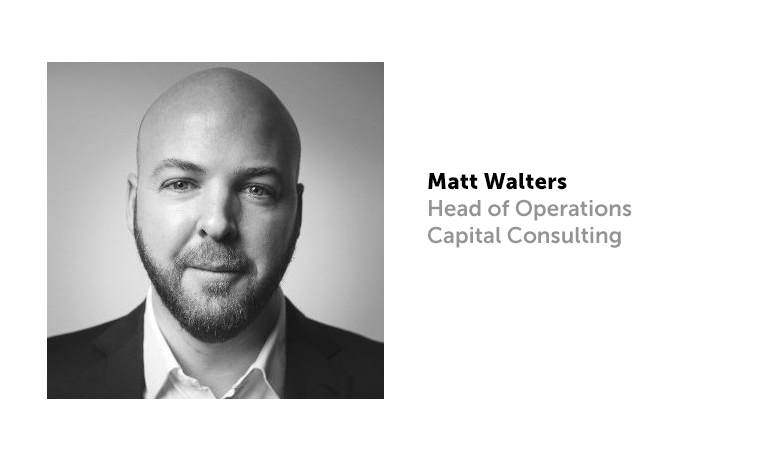 Recruiters and contractors must remain informed in order to stay compliant
Recruiters and contractors must remain informed in order to stay compliant When Switzerland decided to hold a referendum to tighten immigration controls, the outcome resulted in the decision narrowly being accepted by the people of Switzerland.
The referendum was widely backed by anti-immigration party, Swiss People’s Party (SVP), who aim to tighten Switzerland’s border control. Now with SVP’s recent election triumph in October, the issue of immigration and the fate of Switzerland’s long-standing alliance with the EU is really being put to the test. A recent survey by gfs.bern polling institute revealed that 48 per cent of those questioned put immigration as the most important issue facing the country.
With reform and change on the horizon, recruiters need to be aware of what this could mean when placing candidates on Swiss soil.
Immigration to Switzerland
Switzerland has traditionally been a country with high levels of immigration, its success having being built, in part, by foreign skilled labour. Last year alone saw some 152,000 foreigners travelling to the country for long-term stays. With a relatively small population of approximately eight million, the requirement for skilled workers will continue, and significant opportunities remain for recruiters placing candidates in the Alpine state. However, Switzerland has come to a crossroads.
Referendum Outcomes
The EU has until 2017 to negotiate terms on the free movement agreement otherwise Swiss lawmakers can potentially enforce their own terms without consultation. The eventual outcome could see a strict quota system being introduced, cutting the influx of migrant workers, as well as more bureaucratic processes being implemented making placing candidates a more arduous and drawn-out process.
The changes have the potential to be severe. Both recruiters and contractors must not only be made fully aware of immigration changes, but also what it can mean for existing foreign workers. For example, the SVP has suggested that higher social contributions for foreign workers could be introduced.
The implementation of new regulations, coupled with doubt over current bilateral agreements with EU states, could lead contractors looking elsewhere, as Switzerland ostracises itself and is no longer able to sustain its global role as a key employer within its core industries. The dilemma has the potential to snowball, causing such reputational damage as to see foreign investment drop, which could lead to economic growth levels similar to the record lows of 1982.
The Reality of the Landscape
With friction between economic prosperity and immigration driving political debate, Bern is all too aware of the problems that could potentially transpire with a marginalised expat workforce. And not everyone in Switzerland is ready to accept the referendum changes. Opposition is mounting in Bern and across the nation, widely reported in recent months across international media. Last month, Swiss campaigners against the 2014 referendum gathered 110,000 signatures, which they state is enough to repeal any change, with an aim to force a referendum overturn.
Many who back the initiative believe that the changes go against the free movement agreement and will have substantial economic ramifications. Switzerland, though never an EU member, had negotiated full “associated country” status for the previous EU programme, FP7, and has contributed towards EU funding, which has seen some 3,900 Swiss-based scientists receiving €1.7bn in EU grants from 2007-2013. Having a complete pull-out from the EU partnership may seem like a short-term solution, but would be to the detriment of long-term ambitions.
Stay in the Know or risk Falling Behind
Switzerland is renowned for having one of the most stable economies in the world and the political powers at Bern are in no rush to lose this impression. And the tide could be turning. SVP figurehead Christoph Blocher has recently suggested that changes might be made to the quotas that were outlined in the 2014 referendum, hinting that the SVP might be ready to abandon the idea of quotas completely.
Recruiters and contractors must remain informed in order to stay compliant and not to fall foul of any new legislation that is introduced on the back of political or EU upheaval. Switzerland’s final response to the 2014 referendum is bound to evolve over the coming months, but there is a very strong will in Bern to ensure that the country remains open to business.
By Matt Walters, Head of Operations at Capital Consulting
Get The Recruiting Times FREE every Monday – SUBSCRIBE NOW
Recruiters love this COMPLETE set of Accredited Recruitment & HR Training – View Training Brochure








